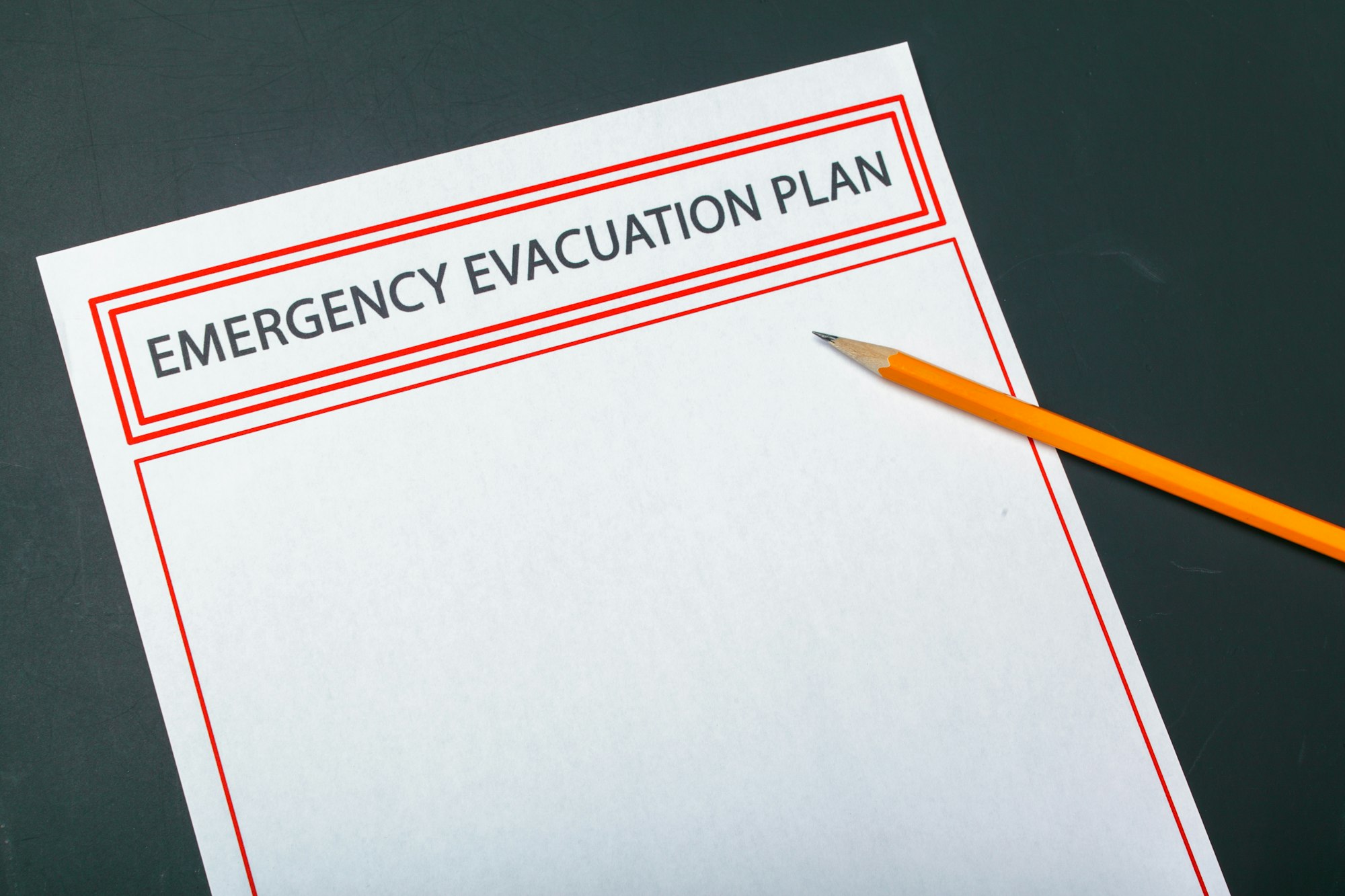Are Seniors Prepared? Navigating Medicare and Disaster Preparedness for the Elderly
Being ready for disasters is essential to protecting our elderly citizens’ safety and well-being in a world that is changing constantly. The need for a comprehensive healthcare plan becomes increasingly evident as we age, with Medicare playing a pivotal role in providing medical assistance. However, are our seniors adequately equipped to face unforeseen disasters, and is Medicare designed to support them in times of crisis? This article delves into the inter of Medicare and disaster preparedness for seniors, examining the current landscape, potential challenges, and proactive measures that can be taken to safeguard the elderly population.
Understanding Medicare’s Role:
The elderly are especially susceptible to harm during catastrophes because of problems with mobility, chronic health concerns, and medication dependence. While it primarily focuses on medical services, the question arises: How well does Medicare address the unique needs of seniors during disasters? The keyword “Medicare and disaster preparedness for seniors” encapsulates this inquiry, emphasizing the necessity for a comprehensive approach to elderly care in times of crisis.
1: The Vulnerability of Seniors in Disasters
The elderly are especially susceptible to harm during catastrophes because of problems with mobility, chronic health concerns, and medication dependence. Natural disasters, pandemics, or other emergencies can disrupt the regular healthcare infrastructure, making it imperative for seniors to have a well-thought-out disaster preparedness plan. Examining the current state of disaster preparedness among seniors is crucial to understanding the gaps that need to be filled.
2: Medicare’s Inherent Limitations
While Medicare is a valuable resource for seniors, its coverage may not be all-encompassing when it comes to disaster-related healthcare needs. Standard Medicare plans may not fully cover emergency evacuations, temporary shelters, and specialized medical services during crises. This explores the limitations of Medicare in disaster scenarios and highlights areas where seniors may face gaps in coverage.
3: Bridging the Gap: Integrating Disaster Preparedness into Medicare
To create a truly comprehensive healthcare plan for seniors, bridging the gap between Medicare and disaster preparedness is essential. This involves policy changes, awareness campaigns, and collaborative efforts between healthcare providers, government agencies, and community organizations. By strategically integrating disaster preparedness into the Medicare framework, we can ensure that seniors receive the support they need when it matters the most.
4: Empowering Seniors: Education and Resources
Empowering seniors with knowledge and resources is key to effective disaster preparedness. This explores the importance of educating seniors about emergency plans, evacuation routes, and the specific measures they can take to safeguard their health during disasters. Additionally, it discusses the role of community resources, support networks, and technology in enhancing the resilience of seniors in the face of unforeseen events.
5: Case Studies and Success Stories
Highlighting successful models of disaster preparedness within the context of Medicare, this delves into case studies from communities that have implemented effective strategies. Readers can learn about best practices, possible obstacles, and creative solutions that can be implemented more widely by looking at real-world instances.
6: Policy Recommendations for Enhanced Disaster Preparedness
Policy recommendations must be considered to fortify disaster preparedness integration into Medicare. The healthcare system for older people is greatly influenced by policymakers. By pushing for reforms that specifically address disaster preparedness, we can increase the elderly population’s resilience. This outlines potential policy measures, such as increased funding for emergency response training for healthcare professionals, incentivizing the development of senior-friendly disaster shelters, and enhancing coordination between federal, state, and local agencies.
7: Technological Innovations and Telehealth in Disaster Response
Technology has created new opportunities to enhance preparedness and response to disasters. This explores how telehealth services can be integrated into Medicare to provide remote medical assistance during emergencies. Additionally, the role of wearable devices, mobile apps, and other technological innovations in monitoring seniors’ health and ensuring timely interventions is discussed. By leveraging technology, we can bridge geographical gaps and provide real-time support to seniors, even in the midst of a disaster.
8: Community Engagement and Volunteer Initiatives
Community engagement is a cornerstone of effective disaster preparedness. This emphasizes the importance of local communities in supporting seniors during crises. The development of a strong sense of community is essential to the establishment of effective support networks, ranging from the creation of neighborhood watch programs to the planning of volunteer projects that are specially tailored to the requirements of senior citizens. By encouraging grassroots efforts, we can enhance the overall resilience of seniors and ensure that no one is left behind in times of disaster.
9: The Role of Caregivers in Disaster Preparedness
For many seniors, caregivers are vital in their lives because they offer crucial support and help with everyday tasks. This explores how caregivers can be instrumental in disaster preparedness, from creating personalized emergency plans for seniors to ensuring that essential medications and medical documents are readily available. Recognizing the caregiver’s role in disaster response enhances seniors’ well-being and reinforces the importance of collaborative efforts in elderly care.
10: Overcoming Challenges and Building a Resilient Future
Building a resilient future for seniors in the realm of Medicare and disaster preparedness requires overcoming challenges and learning from past experiences. This addresses potential hurdles, such as communication barriers, evacuation logistics, and the need for specialized training for healthcare professionals. By acknowledging these challenges, we can develop comprehensive strategies that account for the intricacies of disaster response and ensure a more resilient future for our aging population.
Frequently Asked Questions (FAQs):
FAQ 1: How does Medicare currently address disaster-related healthcare needs for seniors?
Answer: Medicare primarily focuses on regular healthcare services, and while it covers a range of medical treatments, it may not fully address disaster-related needs. Emergency evacuations, temporary shelters, and specialized services during crises may not be covered under standard Medicare plans, highlighting the need for additional disaster preparedness considerations.
FAQ 2: Can seniors receive assistance for evacuation and shelter during disasters through Medicare?
Answer: While Medicare does not directly cover evacuation or shelter services, seniors may find support through government agencies, community organizations, and local initiatives. Policymakers are exploring ways to enhance such assistance and integrate it more seamlessly with Medicare to provide comprehensive support during emergencies.
FAQ 3: How can seniors stay informed about disaster preparedness within the Medicare framework?
Answer: Seniors can stay informed by actively participating in community education programs, attending workshops on disaster preparedness, and accessing resources provided by Medicare and relevant healthcare organizations. Additionally, staying connected with local authorities and being aware of evacuation plans can contribute to effective disaster preparedness.
FAQ 4: Are there technological solutions within Medicare to aid seniors during disasters?
Answer: The integration of telehealth services into Medicare is gaining traction, allowing seniors to access medical assistance remotely during disasters. Wearable devices and mobile apps are also being explored to monitor seniors’ health and provide timely interventions. These technological innovations contribute to a more connected and responsive healthcare system.
FAQ 5: What role can caregivers play in disaster preparedness for seniors?
Answer: Caregivers are crucial in disaster preparedness for seniors. They can create personalized emergency plans, ensure access to essential medications, and coordinate with healthcare providers. Recognizing the pivotal role of caregivers in disaster response strengthens the overall support system for seniors, fostering a more resilient and well-prepared community.
Conclusion:
In conclusion, the interof Medicare and disaster preparedness for seniors is a critical area that demands attention and action. The keyword “Medicare and disaster preparedness for seniors” underscores the need for a holistic approach to elderly care, integrating healthcare coverage with proactive measures to ensure the safety and well-being of our senior citizens during emergencies. We may create the conditions for a senior population that is better equipped to withstand unpredictability in the future by addressing the vulnerabilities, constraints, and potential solutions discussed in this article. Visit our website NewMedicare.com, to learn more about Medicare.





